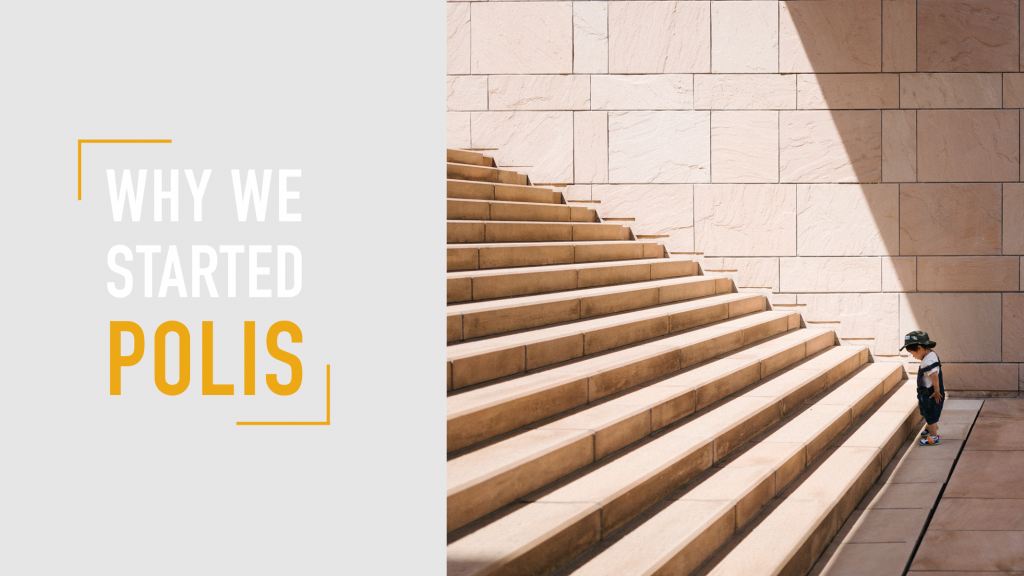This is the first part of a blog series on the evolution of POLIS.
Democracies around the world are experiencing major challenges; the rise of populists, climate change, and social inequalities are only the most obvious ones. Additionally, societies are massively influenced by technical progress, demographic changes, and the Covid-19 crisis. These volatile and constantly changing conditions do not only alter the way we live as a society, but also how politics works.
Competencies for complex public problem solving
The political sphere is inherently complex: full of ambiguous power structures and hidden dynamics, acted out by multiple stakeholders with diverse and contradictory interests in a fast changing environment. Yet despite these challenging conditions, political leaders and public servants have to make far-reaching decisions for societies and their organisations. At the beginning of the year 2020, we had the opportunity to talk to senior administrators and politicians from all over Europe who have successfully developed and launched innovative solutions to societal problems. We discovered that these political professionals have one thing in common: the way they approach challenges and how they develop and implement their innovative solutions. We started looking into models on characteristics of future leaders and explored several approaches, such as NESTA’s competency framework on public problem solving, or the OPSI’s Innovation Skills. We found that to develop solutions for public problems in an ever-changing environment, political professionals need to be equipped with the competencies to co-create. Among others, this includes an entrepreneurial attitude, the willingness to learn, and the ability to facilitate collaboration and storytelling. But are these skills taught in political learning settings and institutions?
Existing opportunities for training and development do not fit our time
As a matter of fact, there are dozens of opportunities for training and development. Political professionals may attend public policy schools with a great reputation and renowned faculty, and obtain degrees that look great in a CV. They may take part in training programmes of their political party (family) with practical relevance. However, training programmes at policy schools or within the political party (families) have their downsides, too. On the one hand, universities provide more academic than applied knowledge and are very expensive. Furthermore, they tend to focus on policy and governance, not on politics. On the other hand, training programmes within political parties (or party families) are partisan and not politically diverse by definition – but there is a lot democratic political professionals can learn from each other.
From our point of view, political professionals face major challenges. However, existing political training is very often deficient in providing the necessary competencies to tackle the challenges of tomorrow, today. So we asked ourselves: what to do now?
Exploring the needs of political professionals
We are convinced that we can solve our society’s problems collaboratively. For us, bringing many different perspectives and expertises together to develop innovative solutions is key. Thus, we decided to start a process that explores the status quo and opportunities in political training and development. We want to deepdive into the needs, wishes,and pain points of political professionals because we want to understand what is needed to prepare them for the challenges of our time. And as soon as we find these needs, we will build new solutions for them – because, after all, we have an entrepreneurial mindset.
In our endeavour to rethink political training and development, we are guided by a quote by Josef Lentsch, Managing Partner at The Innovation in Politics Institute: “The future’s not set for better or worse. Regress is certainly possible, but so is progress.”
So, let’s get going.
